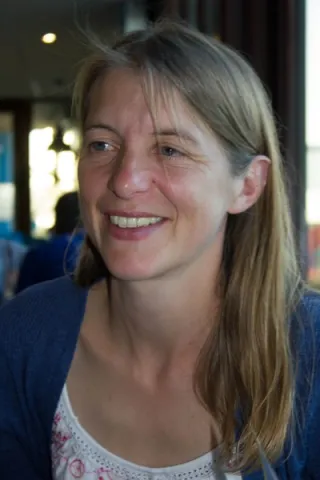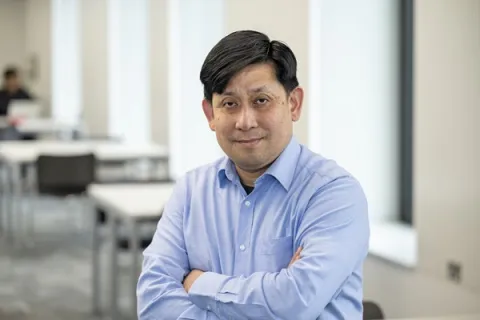Project overview
Operational Research (OR) has significant potential to contribute to meeting Sustainable Development Goals (SDGs) and disaster risk management (DRM) objectives of developing countries. However, most ODA countries lack the research capacity to develop and apply relevant OR methodologies.
The CREST-OR project is a collaboration between three of the UK's leading universities in the field of OR - Kent, Lancaster, and Southampton - and prominent universities in four Southeast Asian (SEA) countries - Vietnam, Indonesia, Laos, and Cambodia. CREST-OR will establish a long-term UK-SEA partnership to build research capacity in OR methodologies, improve community resilience to natural disasters, and achieve national SDGs and DRM objectives. SEA partners will benefit from advancing their OR research capabilities, and the formation of new institutional links among project partners. UK partners will benefit from increasing knowledge in the application of OR to international development and disaster management challenges. The project will support longstanding initiatives in SEA countries through engagement of policy-makers and practitioners at national and local levels (e.g. emergency response agencies, local authorities, and development NGOs).
CREST-OR will build capacity in the use of OR for solving challenges in four focal areas: disaster management, food security, resilient transport infrastructure and smart cities. These areas were identified with the SEA partners based on existing collaborations within the UK researchers and, most importantly, on development priorities of their respective countries. In SEA countries, rapid economic growth and infrastructural development has not been supported by sufficiently robust planning. Social and environmental priorities have been regularly forfeited, while population growth has intensified development challenges. Climate change is now raising disaster risks and threatening to derail development achievements, with the greatest effect felt by the poorest and most vulnerable segments of society. OR offers a powerful set of tools to support more informed, evidence-based decision-making by government agencies and NGOs to address challenges related to disaster risk and its impact on food supplies, infrastructure and cities development. By building OR research capacity in these areas, CREST-OR will contribute to address several UN SDGs: SDG2 (Zero Hunger), SDG9 (Industry, Innovation and Infrastructure), SDG11 (Sustainable Cities and Communities), SDG13 (Climate Action) and Priority-2 (Strengthening Disaster Risk Governance) of the Sendai Framework.
The CREST-OR project is a collaboration between three of the UK's leading universities in the field of OR - Kent, Lancaster, and Southampton - and prominent universities in four Southeast Asian (SEA) countries - Vietnam, Indonesia, Laos, and Cambodia. CREST-OR will establish a long-term UK-SEA partnership to build research capacity in OR methodologies, improve community resilience to natural disasters, and achieve national SDGs and DRM objectives. SEA partners will benefit from advancing their OR research capabilities, and the formation of new institutional links among project partners. UK partners will benefit from increasing knowledge in the application of OR to international development and disaster management challenges. The project will support longstanding initiatives in SEA countries through engagement of policy-makers and practitioners at national and local levels (e.g. emergency response agencies, local authorities, and development NGOs).
CREST-OR will build capacity in the use of OR for solving challenges in four focal areas: disaster management, food security, resilient transport infrastructure and smart cities. These areas were identified with the SEA partners based on existing collaborations within the UK researchers and, most importantly, on development priorities of their respective countries. In SEA countries, rapid economic growth and infrastructural development has not been supported by sufficiently robust planning. Social and environmental priorities have been regularly forfeited, while population growth has intensified development challenges. Climate change is now raising disaster risks and threatening to derail development achievements, with the greatest effect felt by the poorest and most vulnerable segments of society. OR offers a powerful set of tools to support more informed, evidence-based decision-making by government agencies and NGOs to address challenges related to disaster risk and its impact on food supplies, infrastructure and cities development. By building OR research capacity in these areas, CREST-OR will contribute to address several UN SDGs: SDG2 (Zero Hunger), SDG9 (Industry, Innovation and Infrastructure), SDG11 (Sustainable Cities and Communities), SDG13 (Climate Action) and Priority-2 (Strengthening Disaster Risk Governance) of the Sendai Framework.

